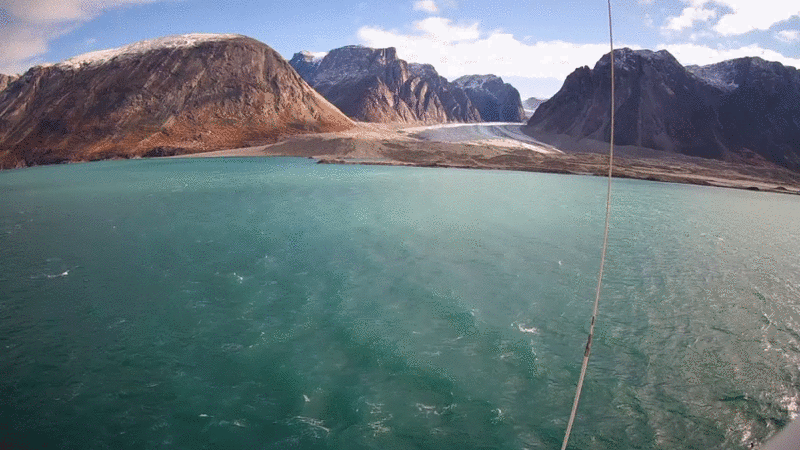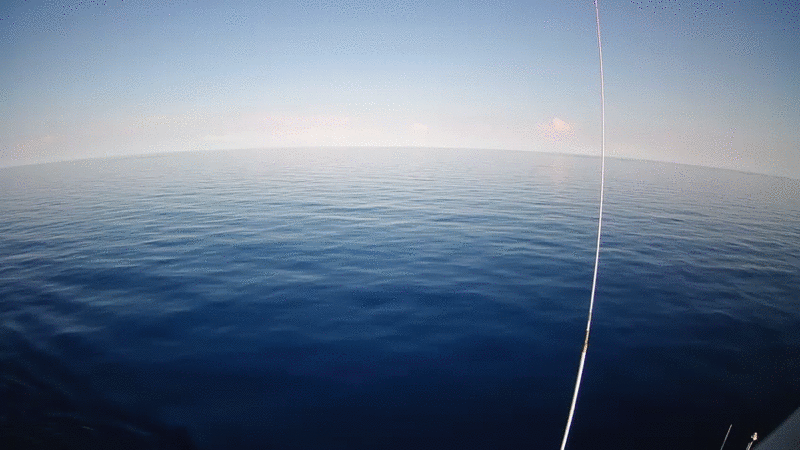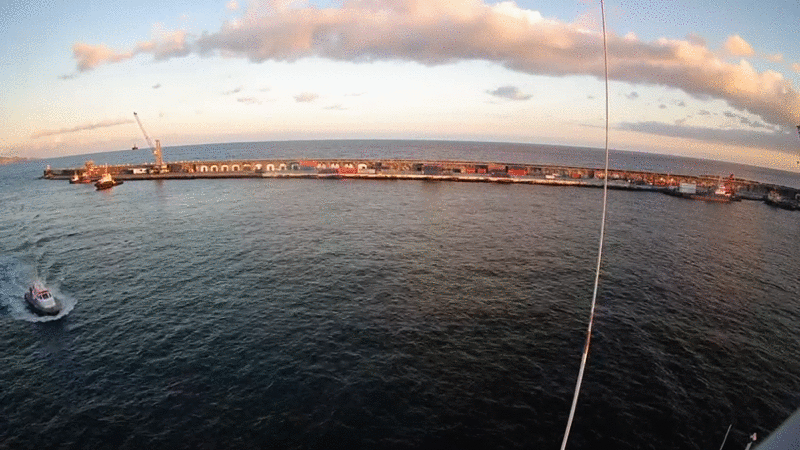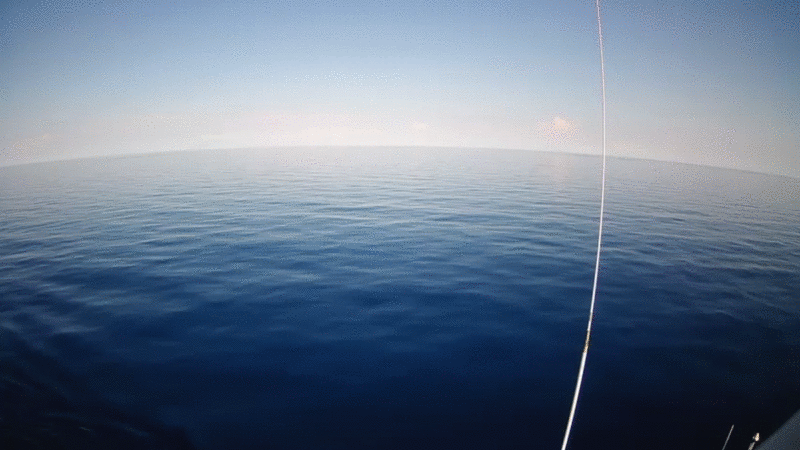
Technology synthesis & product development for innovative ocean research.
NEMO (New Economic Model for the Oceans) is a partnership between The Royal College of Art (RCA) and Extreme E which provides data to designers investigating environmental sustainability, plastic pollution, loss of marine habitat and new ocean economies.
We specified, designed, built and pilot tested a data gathering package in six weeks capable of recording, storing and transmitting continuous ocean data, alongside Studio Peter Krige.
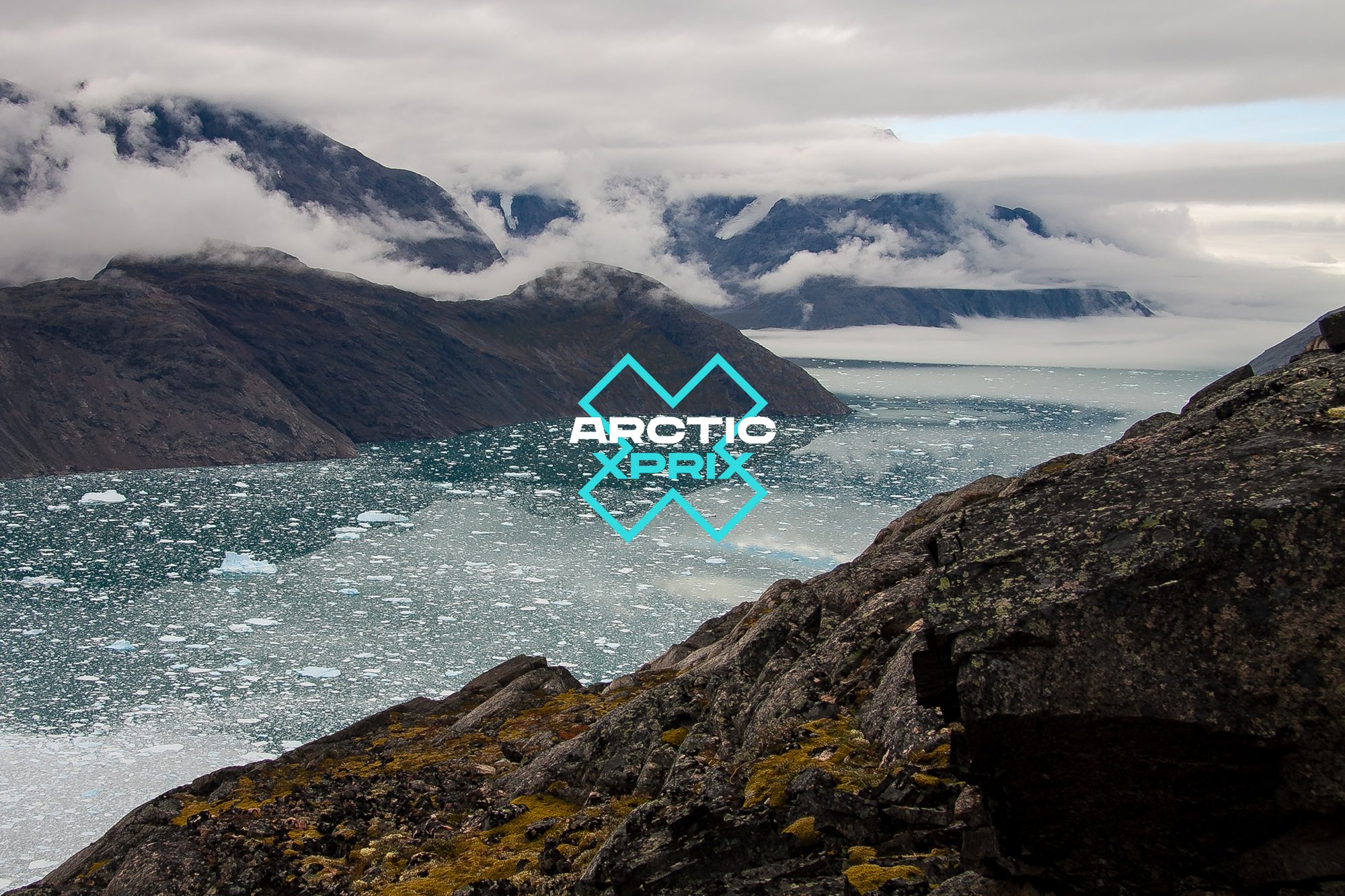
28 - 29 August 2021
The equipment was installed in Kangerlussuaq, Greenland on Extreme E’s floating operations hub - the St Helena - during the Artic X-Prix Event.
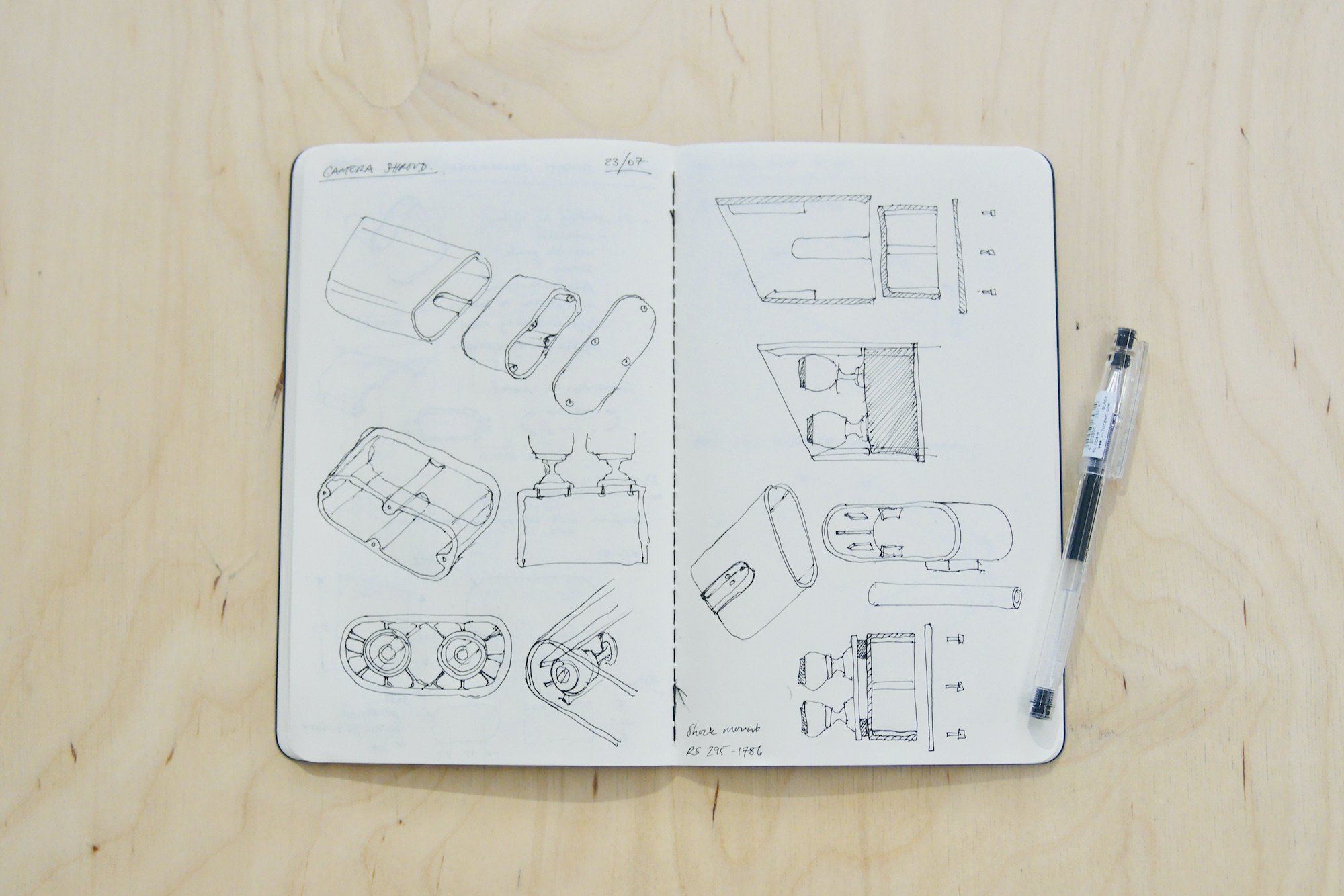
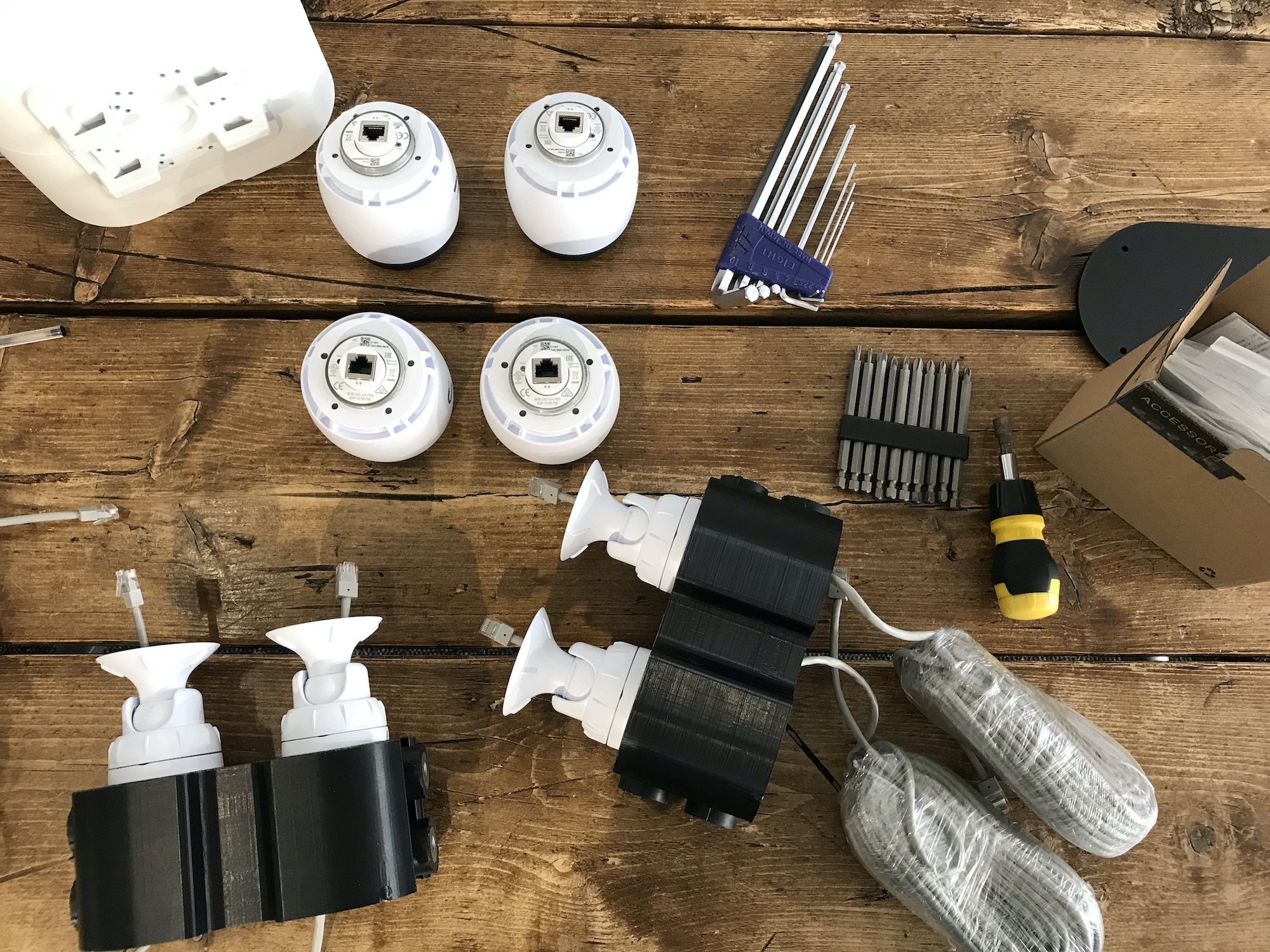
“As the St Helena moves on from Greenland towards Europe’s climate change hotspot, it will capture many terabytes of data on the Atlantic Ocean which will inform RCA staff and students as they embark upon critical research to save the world’s oceans.”
Dr Paul Thompson, Vice-Chancellor
Royal College of Art
The key system elements were two camera units and control enclosure. The challenge was to design a robust and reliable video capture and recording system with multiple redundancies, capable of continuous operation in the harsh marine conditions experienced by the St Helena as it travels across the world.
So far the equipment has successfully recorded journeys between Greenland, Sardinia and the UK.
An aesthetic inspired by the arctic, glacial context and crew binoculars looking out to sea.
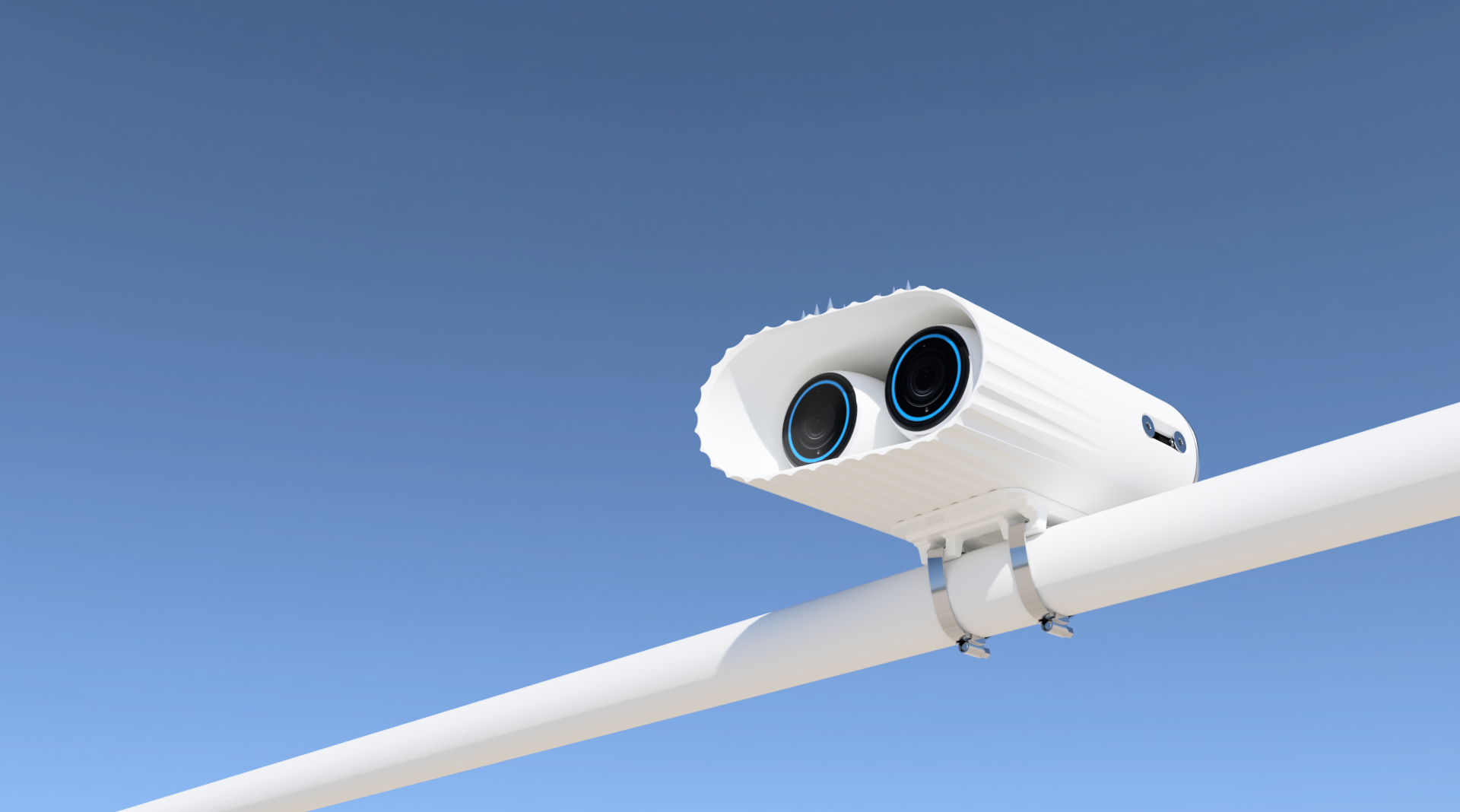
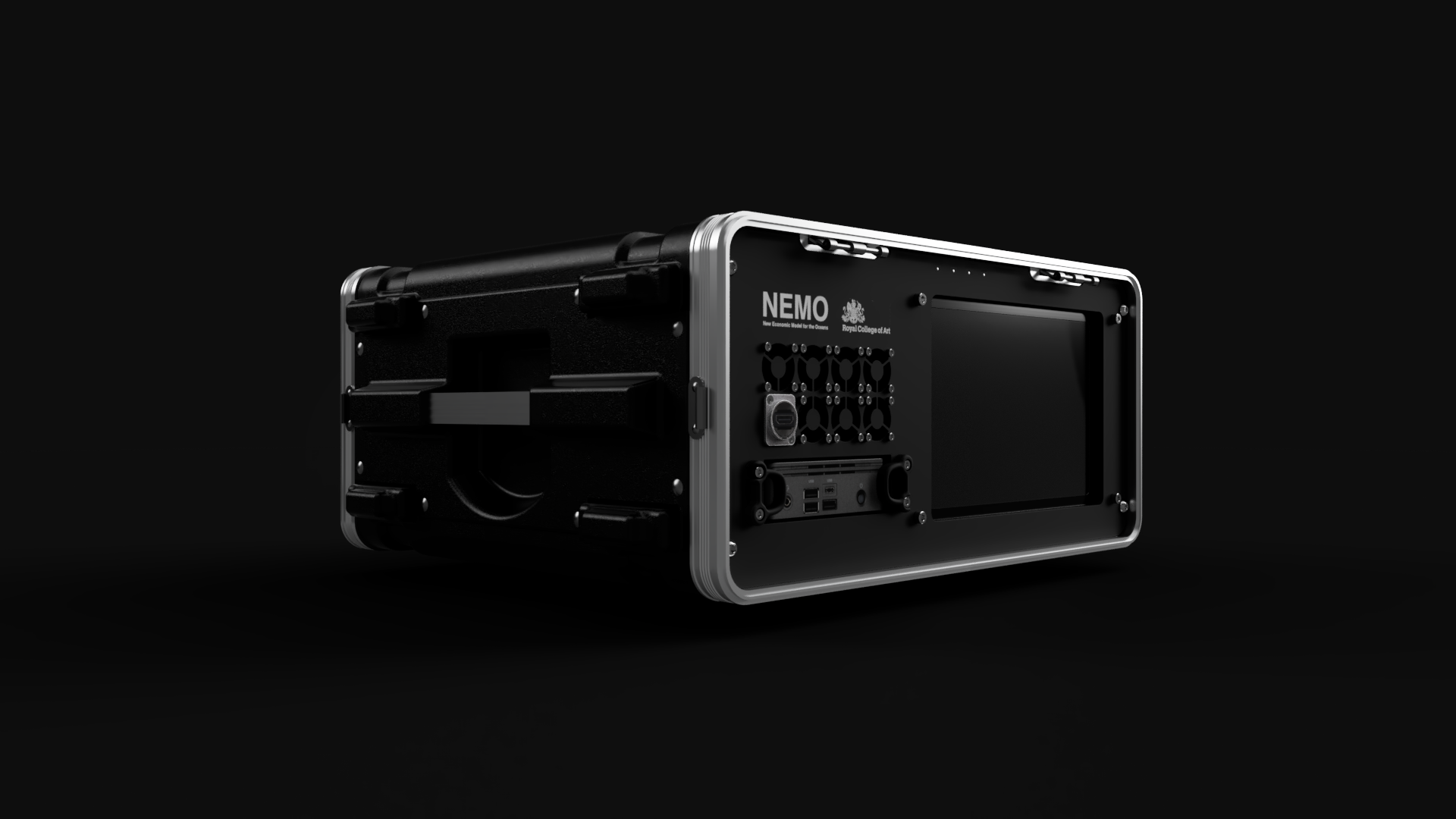

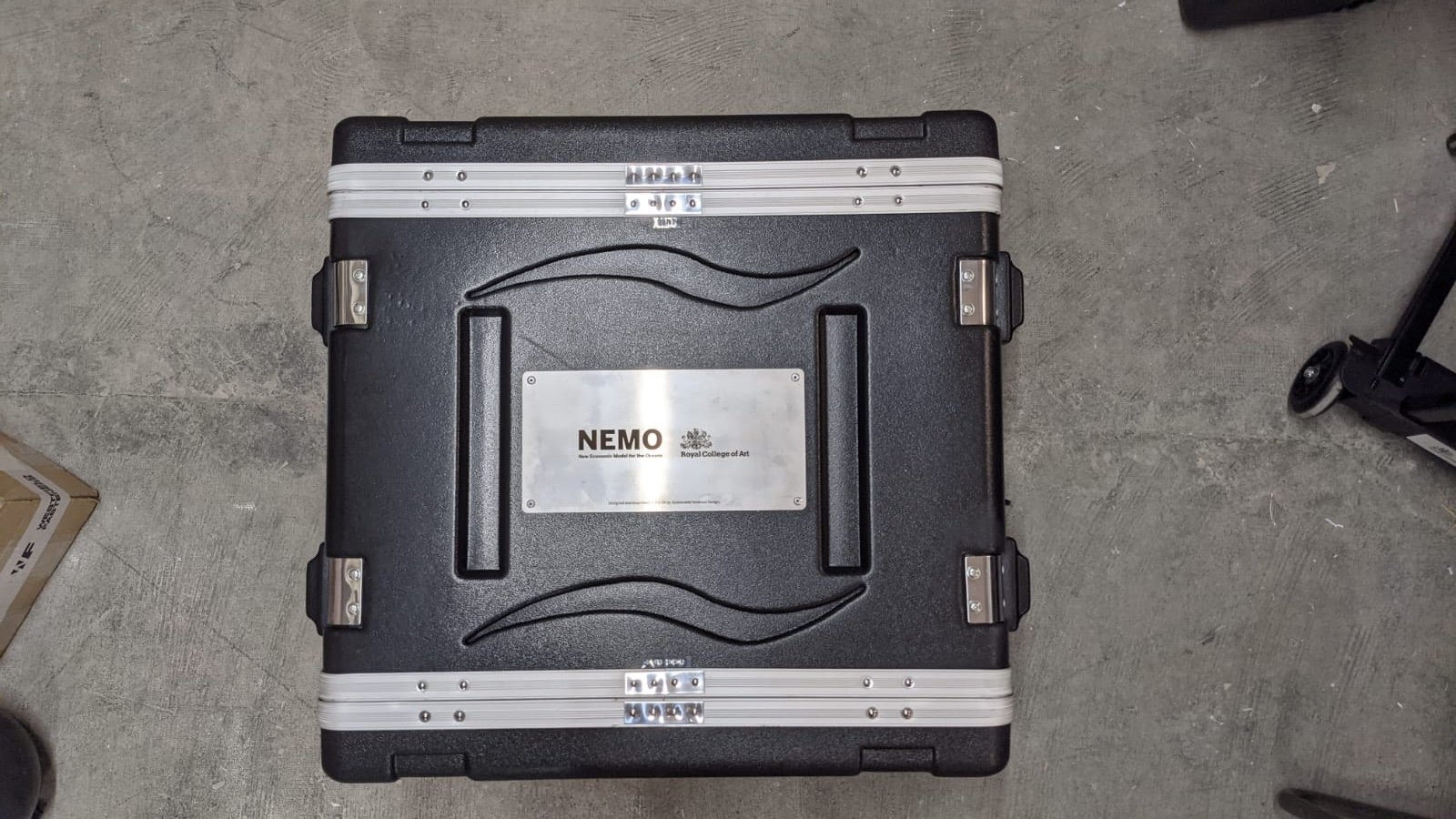

The installation location of the NEMO system near Kangerlussuaq, Greenland. The photo below shows the vessel in the deep Kangerlussuaq fjord, which is fed by the Russell Glacier. This glacier covers 1.3 square miles and contains 88 million cubic metres of ice.
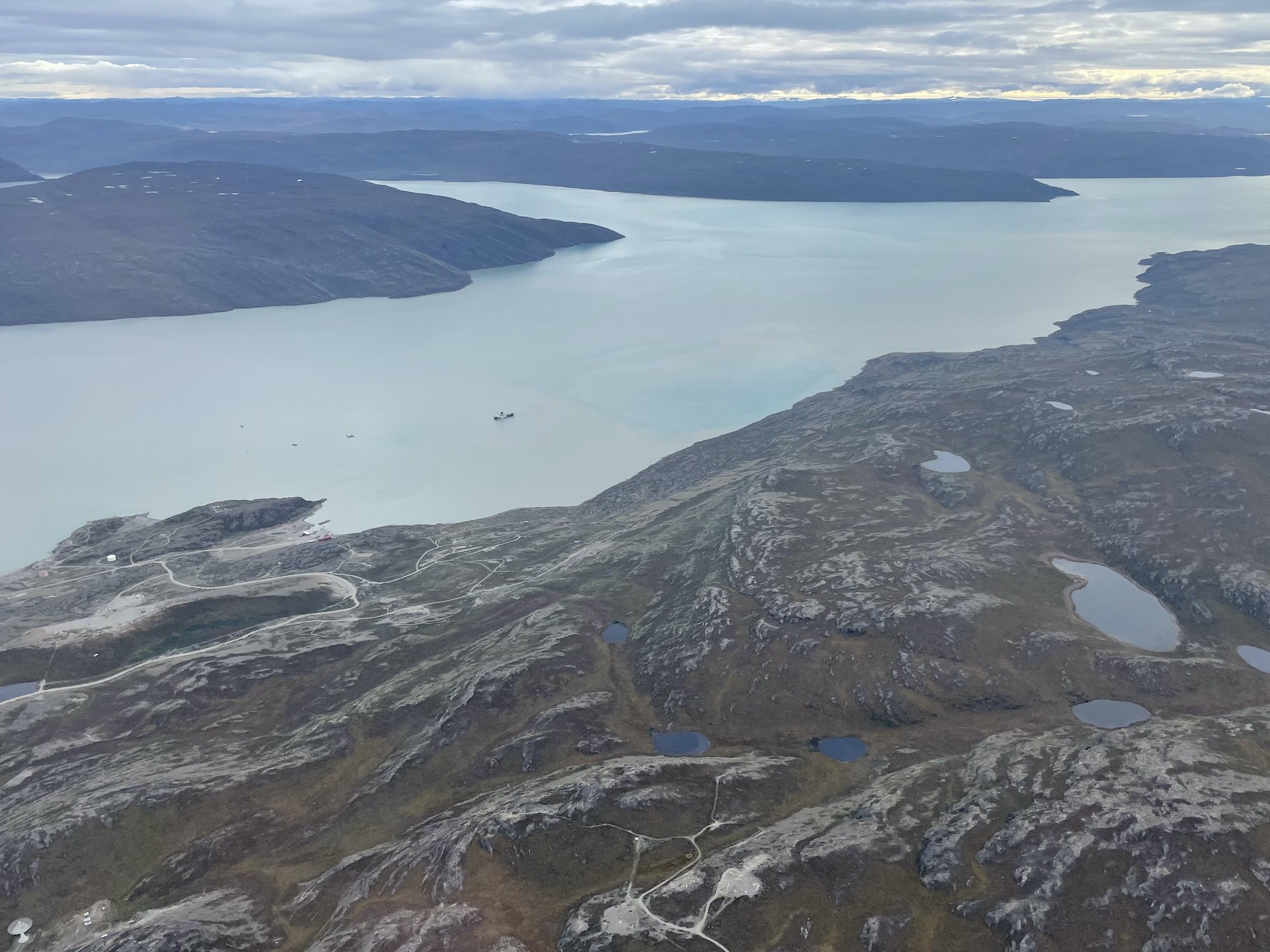
Image courtesy of Professor Ashley Hall
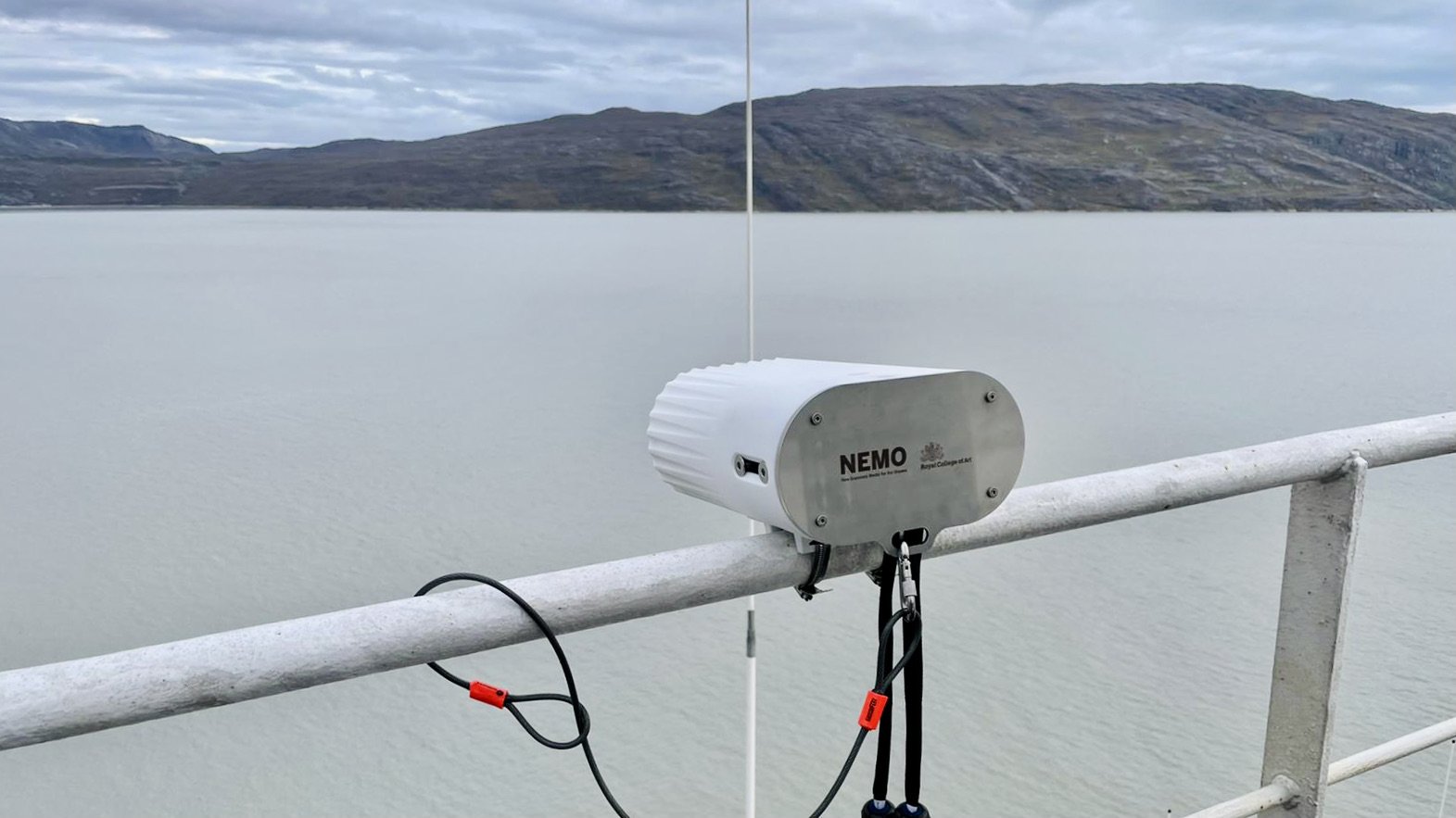
Image courtesy of Professor Ashley Hall
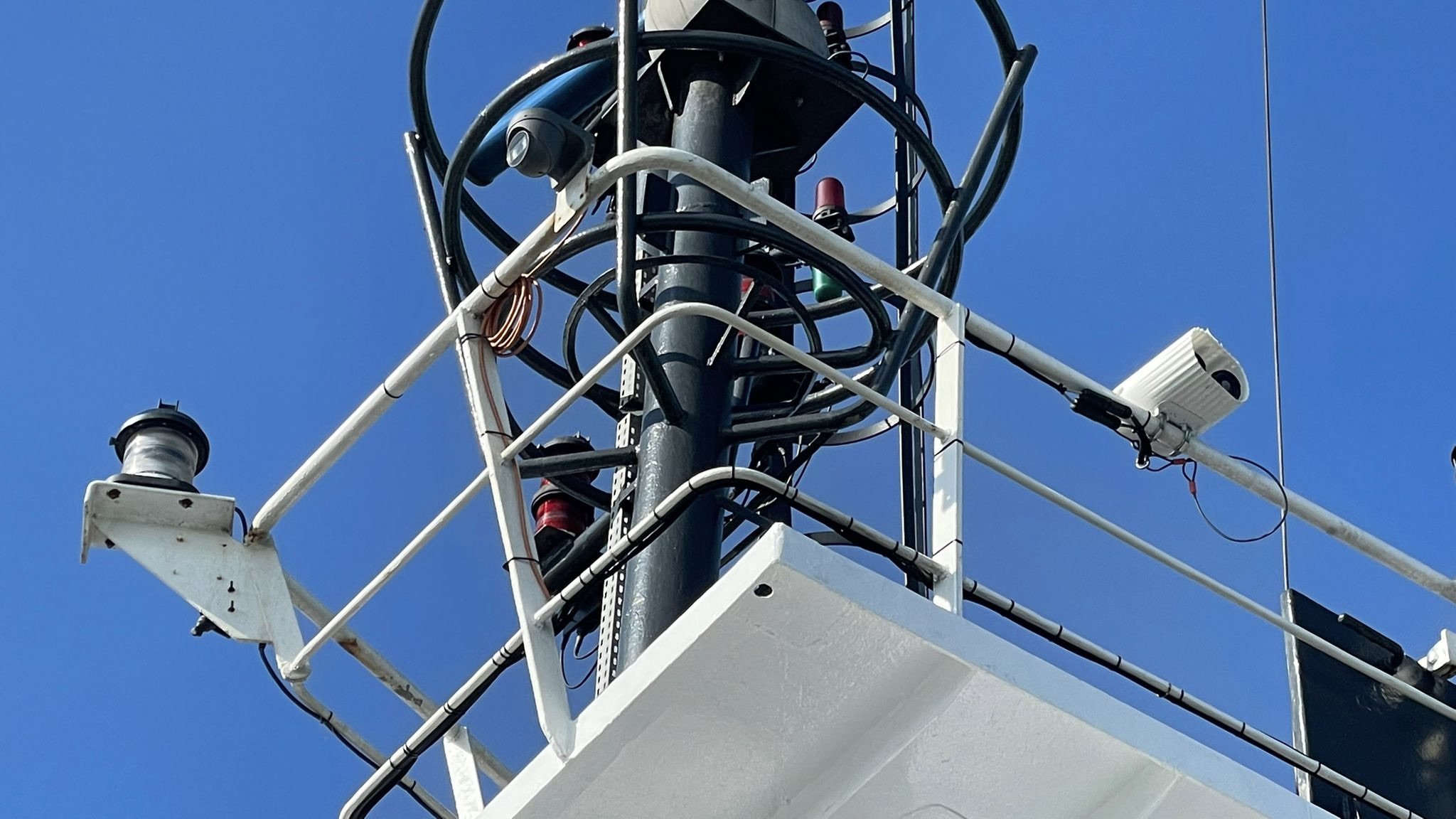
Image and below video courtesy of Professor Ashley Hall
We installed a tracking system on board the RMS St Helena and used this to follow the journey of NEMO across the North Atlantic ocean from Kangerlussuaq in Greenland to Cagliari in Sardinia.
Please note that although original recordings were in 4K, the quality of the footage below has been reduced to minimise the energy consumption of our website.
